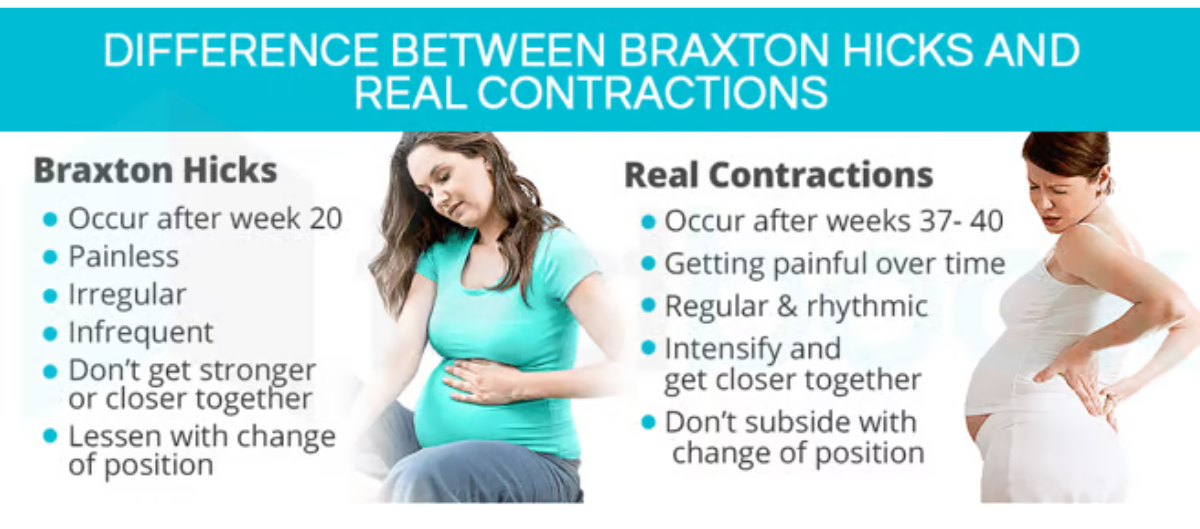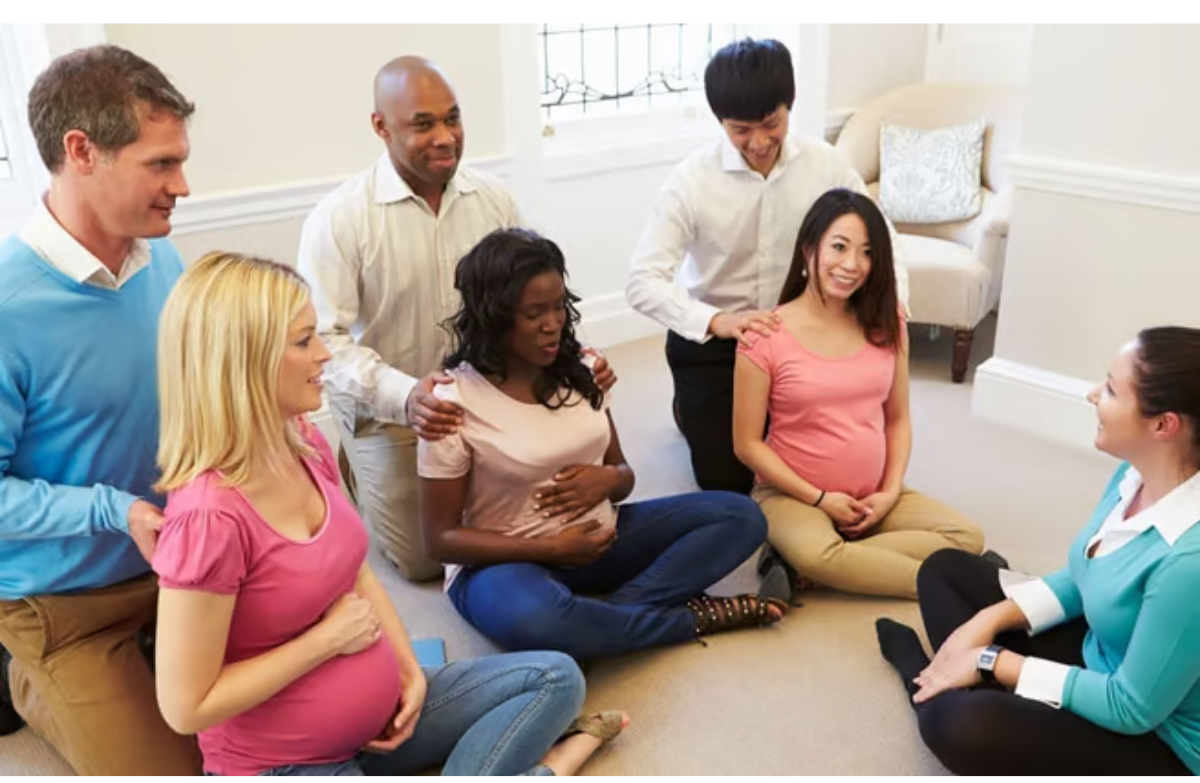Braxton Hicks and True labor: Know the difference
6 minute read, Written By: Momly
The painless contractions or sporadic contractions that you get during pregnancy are called as Braxton Hicks contractions. This contraction is also referred as prodromal or false labor pain. In this type of contractions, contraction of vaginal muscles or tightening feeling in abdomen happens on and off and intermittently. It doesn’t lead to dilation of cervix. The contractions can make an appearance any time but more intensely felt after a physical exercise. Generally, it comes during your second and third trimester and subsides on its own. Braxton Hicks is a precursor to true labor pains and body’s own way of making the environment ready for childbirth.
Identifying Braxton Hicks cues – What does it feel like?
It is said that Braxton Hicks cannot be generalized and symptoms and signs varies with individual to individual. However, the below are the telltale signs and most common symptoms that you could watch out:
- Tightening sensation in abdomen area
- Mild sensations of contractions that do not increase in intensity
- No cervix dilation or severe lower body pain especially the pelvic floor
- The contractions are very irregular and do not follow any regular pattern

Tips to alleviate Braxton Hicks:
- Try getting up and walking around if you're seated or lying down.
- Drinking enough water will keep you hydrated and decreases the chances of irregular contractions
- Bathing in warm water relaxes your pelvic muscle pressure and reduces mental stress and anxiety
- Do not encourage fluid accumulation and empty your bladder to avoid pressure and pain cause due to contractions
- Breathing and relaxation techniques aid in Braxton Hicks contractions and helps in childbirth period. Engage in prenatal yoga or pranayama exercises etc
- Breathing and relaxation techniques aid in Braxton Hicks contractions and helps in childbirth period. Engage in prenatal yoga or pranayama exercises etc

How does real labor pain feel like?
The true or real labor pain is felt more regularly. It increases in intensity. The contractions in true labor pain are painful and comes closer together rather than being far apart. They get stronger when you walk or do any physical work. They open or dilate your cervix and need immediate medical attention. The real labor pain is felt after your 37 weeks of pregnancy. You will fell discomfort and ill at ease in your pelvic region and abdomen and severe pressure in your lower body area.
Childbirth education – Knowing ins and outs of labor pains
Childbirth education is a significant aspect of pregnancy. If you want to be wise and informed about pregnancy, labor, delivery and postpartum care, you should opt for childbirth classes and seek help from a birth practitioner who will explain the changes in your body during pregnancy, different phases of labor, the pain management techniques, and help you ease the transition into motherhood by speedy healing and postpartum recovery options. Participating and being involved in the childbirth process is not your choice but your right.
Childbirth education helps you use that right effectively by making you understand the whole procedure of labor and putting you in the fore by encouraging you to ask questions related to birth preferences with the healthcare providers. The Lamaze workshop conducted in childbirth classes focusses not only on prenatal care but also emphasizes on postpartum care like breastfeeding education, newborn care, self-healing techniques to alleviate postpartum depression, infant and mother’s massage techniques, tummy tying process etc. With a community care program, you will be encouraged to mingle and form connection with like-minded moms who are at a similar phase like you or in the early stages of motherhood.
Momly: Educating expecting mothers
Momly, a community-led women's care platform, encourages expectant moms by discussing pregnancy, maternity and childcare, prenatal care, and postpartum healing subjects such as pelvic floor exercises and postpartum depression. Momly live seminars and webinars provide an expert perspective on many areas of parenthood. Momly prioritises mothers' mental health and frequently holds sessions on emotional aspects of childbirth and creates a climate that fosters a sense of solidarity and support, in addition to providing physical health sessions such as nutrition in pregnancy, prenatal yoga and stretching exercises, and so on.
Benefits of joining Momly while pregnant:
- Community support from fellow expecting mothers
- Workshops on plethora of pregnancy related topics
- Tips on postpartum healing
- Various ways to strengthen bond between you and the unborn like garbhasanksar practice sessions
- Monthly meet-up in Momly socials with moms that gives you a break from the routine and develops a strong village to support you in the bumpy ride
- Strong sense and understanding on pregnancy safe foods, pregnancy foods to avoid and pregnancy yoga asanas

Connect with Momly
Join Momly App and register for our upcoming Momly Lamaze workshop. Get in touch with expecting mothers by joining Momly Whatsapp group and get tips on motherhood, pregnancy and parenting.



